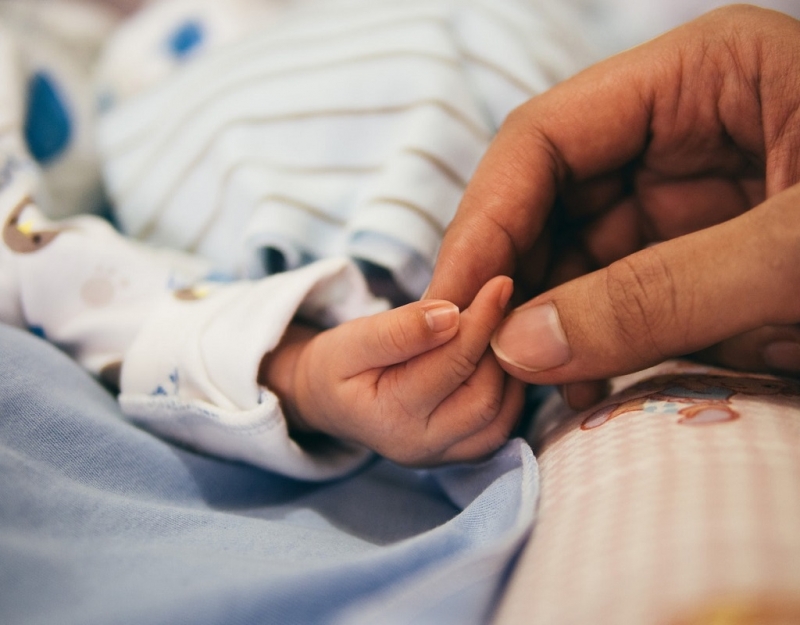‘Foetal distress’ is the medical term given to when a baby displays signs that it may not be coping when in the uterus. Foetal distress can occur during pregnancy, or more commonly during labour. Foetal distress can be due to a wide range of reasons. Some of the more common causes include:
Not enough oxygen
The most common reason for foetal distress is the baby is not receiving enough oxygen when inside the uterus. This is usually because there is not an adequate blood flow through the placenta and cord. When the uterus contracts in labour, it momentarily reduces blood flow to the baby, as the uterus relaxes, the blood flow increases. This is a normal, natural process that healthy babies, with a healthy placenta, are not concerned with. In fact, it actually stimulates the baby (usually shown as an increase in their heart rate).
There are some situations when the blood flow (and hence the oxygen supply), are lessened, causing the baby to become either slowly distressed over time, or suddenly distressed if the incident is severe.
Some causes of foetal distress can include:
- Placental insufficiency. This is when the placenta is not functioning at its best and can be due to high blood pressure, heart conditions, bleeding in late pregnancy, small baby or post dates.
- Over stimulation of the uterus, due to being induced or augmented.
- A sharp drop in the mother’s blood pressure due to her having an epidural, or experiencing a haemorrhage, or lying for a prolonged period flat on her back in labour.
- Cord compression due to an early artificial rupture of the membranes (ARM) or a cord prolapse. The blood supply may also be reduced if the umbilical cord is wrapped several times around the baby’s neck or body.
- Twins sharing a single placenta. Known as Twin to twin transfusion.
- Placental abruption (or separation of the placenta from the wall of the uterus).
Blood chemical imbalances
Sometimes chemical imbalances in the woman’s blood stream can stress the baby. In most cases the woman is unwell when this happens. Health conditions that can cause this are cholestasis, diabetes or kidney disease.
The baby is unwell
The baby may be unwell due to:
- An inherited disorder.
- An abnormality in the baby.
- An infection, such as group B strep.
- The baby being overheated due to the mother having a fever.
- The baby reacting unfavourably to drugs (or anaesthetics) given to the woman.







Leave A Comment
You must be logged in to post a comment.